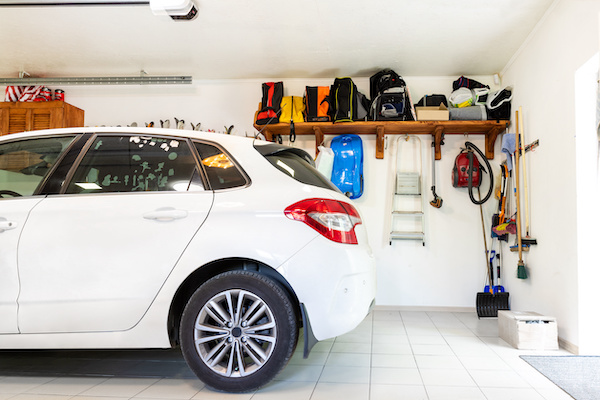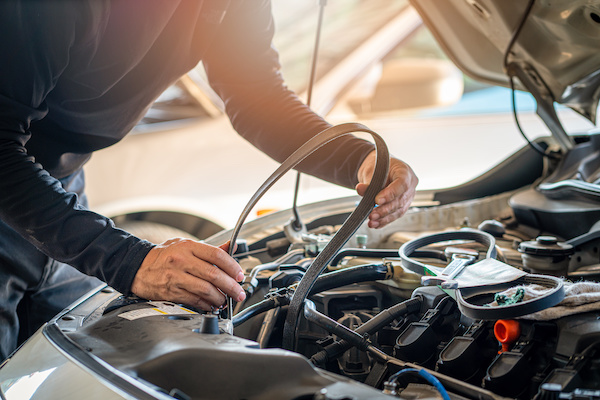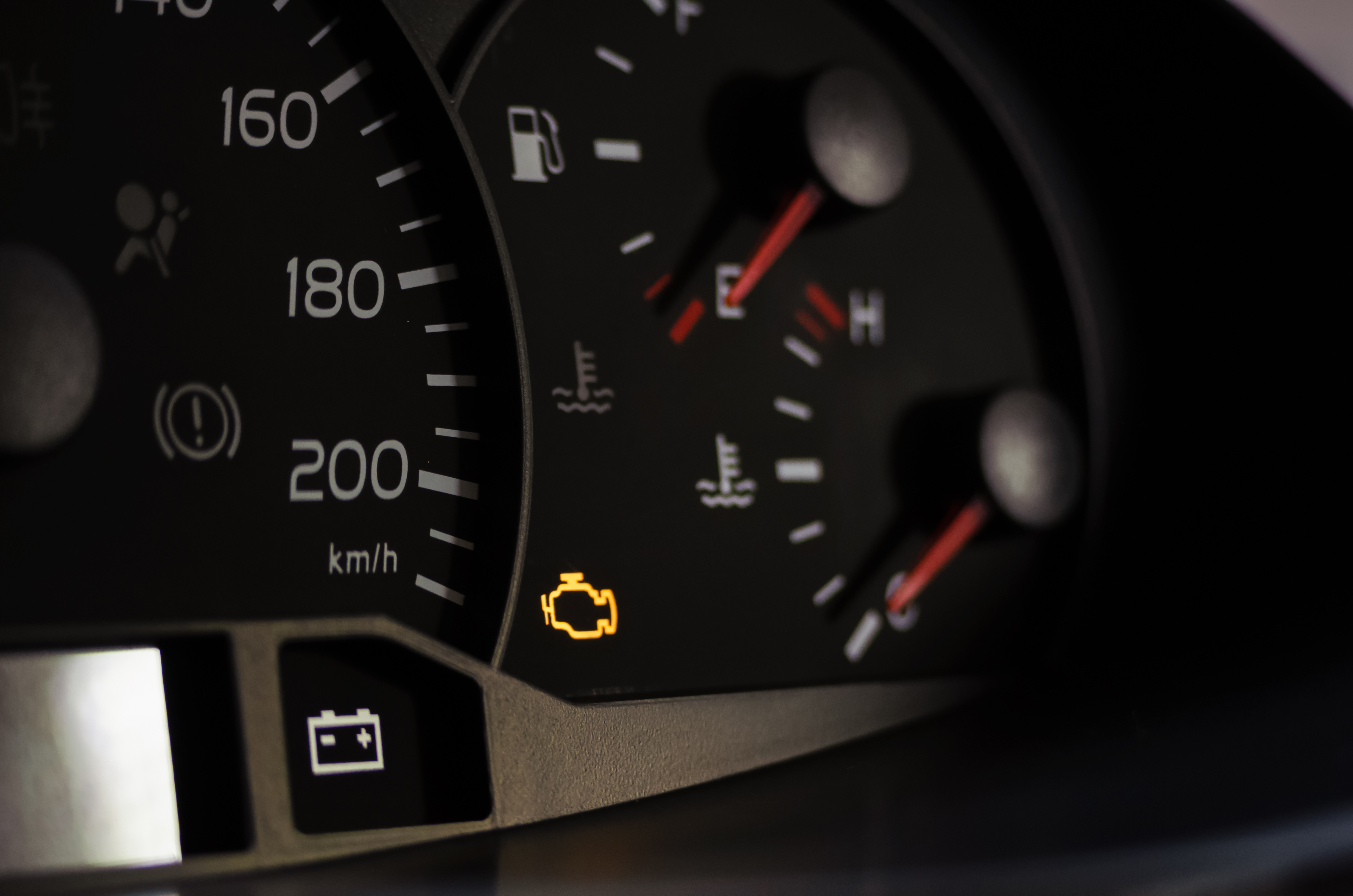Posted on 12/23/2021

In March of 2020, as the COVID pandemic began to take grip and the government's of countries worldwide started enforcing stringent lockdowns to help contain the spread of the virus, many employees started working from home. Likewise, schools were closed, and education went online like many other aspects of our lives. Almost two years on, some of these aspects have remained, as employees came to realize there was no need to commute an hour in traffic every day to perform a job in a cubicle they could efficiently perform from the comfort of their couch. Employers have learnt that they need to start offering this new way of working, or a hybrid model, to retain their workforce or attract future talent. What with online schooling, grocery deliveries, and home workout routines; these factors, in turn, have led to less reliance on our vehicle's daily use. So if you're finding your car sits idle for long periods more often, here are some tips to ensure it stays in working condit ... read more
Posted on 11/30/2021

While it may be easy to disregard your car's timing belt, it plays an integral role in the mechanics of your vehicle. The timing belt is considered an engine part that is in charge of harmoniously rotating the engine's camshaft and crankshaft. Without it, your cylinders would not fire at the right time. You can typically locate your vehicle's timing belt under a cover near the front side of the engine. It is made with high-performance-quality rubber, and it requires a replacement approximately every 60,000 to 100,000 miles. You can determine whether you need a replacement soon by examining it for apparent weak signs. Like any piece of car machinery, a timing belt will decline with time and usage. You can refer to your owner's manual for an approximate time to change your timing belt. The manufacturer will typically recommend a time frame before the belt has a chance to break or snap. A broken timing belt can cause severe engine damage, so it ... read more
Posted on 10/28/2021

Oil changes are frequent yet straightforward services that are vital to your vehicle's performance. While most drivers look at the number of miles they've driven since their last oil change to determine when to change the oil, it's always best to inspect the oil itself firsthand. Sometimes, your motor oil can run low or deteriorate unexpectedly. If you neglect to service your vehicle on time, your engine can struggle in performance and even overheat. Below are five signs that your motor is in need of an oil change: #1: CONTAMINATED OIL Fresh, effective motor oil should be an amber color, and the oil will darken over time. Sometimes, darkness can be natural. However, your oil should be free of any contaminants. If you start to see debris and gunk, like metal chunks, in your oil or if it's an unusual color, please take it to our shop immediately. #2: LOUD ENGINE NOISES Your engine oil is responsible for lubricating the engine parts. When your oil is no lon ... read more
Posted on 9/28/2021

No matter what kind of car you drive and what kind of driver you are, the check engine light is probably every driver's worst nightmare. It gives no details about what's at fault, and the list of potential reasons for it goes on and on. Check engine lights can be as minor as a loose gas cap or severe enough to completely break the engine. Below we've listed the three most popular reasons behind a check engine light: Oxygen Sensor - The oxygen sensors in your vehicle helps decide how much fuel you burn. Consequently, a faulty oxygen sensor will negatively affect your fuel economy. Even though oxygen sensors are more straightforward and less expensive to replace, failing to restore them on time can eventually spread damage to your catalytic converter. Loose Gas Cap - It may sound silly that something as small as a gas cap can trigger your warning light, but the gas cap keeps gasoline from evaporating. It also plays a role in keeping your emissions down. To avoid triggering ... read more